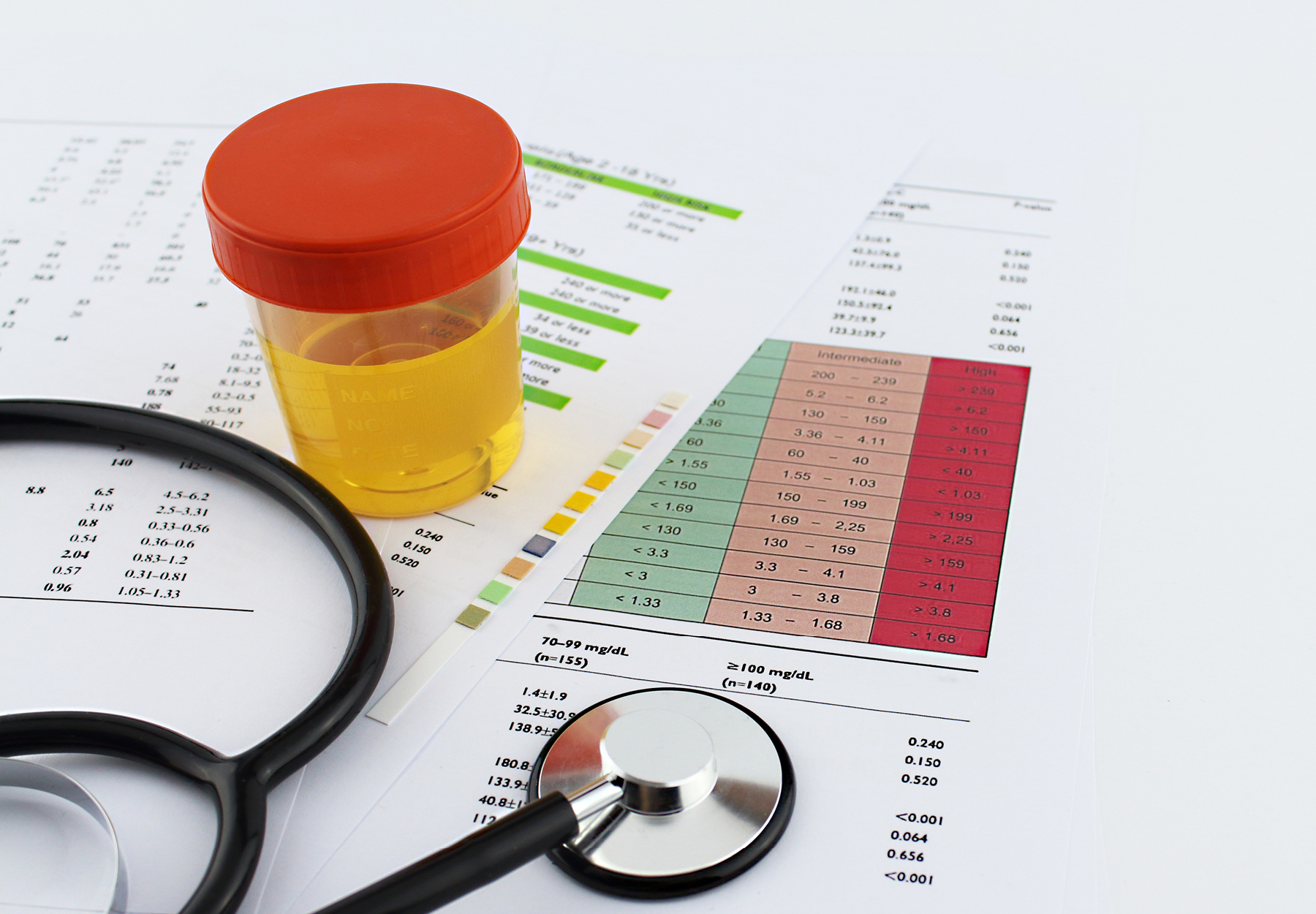The U.S. Department of Health and Human Services Office of Inspector General (OIG) published a new report finding that Medicare could have saved up to $215.8 million over five years had the Centers for Medicare & Medicaid Services (CMS) implemented adequate program safeguards to identify and prevent problematic Part B payments of high-reimbursing definitive drug tests to “at-risk” providers.
G0483 Definitive Drug Test Billing
Medicare Part B pays for definitive drug testing to identify specific drugs or metabolites in a sample that comes back positive after presumptive testing. Once presumptive testing determines that drugs are present, definitive testing becomes medically necessary to identify what they are. The more drug classes tested for, the higher the reimbursement amount for definitive testing, with procedure code G0483 testing for 22 or more drugs paying the most.
Procedure Codes Used to Bill for Definitive Drug Testing Services
| Procedure Code | Number of Drug Classes | 2020 Clinical Laboratory Fee Schedule Payment |
| G0480 | 1 – 7 | $114.43 |
| G0481 | 8 – 14 | $156.59 |
| G0482 | 15 – 21 | $198.74 |
| G0483 | 22+ | $246.92 |
OIG Smells a G0483 Rat
A 2021 OIG audit report warned of the risk that some providers might be billing for medically unnecessary G0483 tests to maximize reimbursement. The new audit widens the scope of the inquiry to cover all definitive drug testing provided to all Medicare beneficiaries over a five-year period from January 2016 through December 2020.
Among the providers who billed G0483 tests during the audit period, OIG found 1,062 to be “at-risk,” defined as those that used code G0483 to bill for 75 percent or more of the definitive drug tests provided. At-risk providers received $704.2 million for G0483 tests, or 90 percent of all their definitive drug test payments from Medicare Part B. By contrast, G0483 constituted only 21 percent of the definitive drug tests Medicare paid to the other 4,227 providers.
The OIG suggests that the at-risk providers may have billed G0483 definitive testing as a matter of routine, rather than basing the determination of how many drug classes needed to be tested for based on the presumptive test results as required by Medicare rules.
While CMS was able to identify G0483 overpayments via Comprehensive Error Rate Testing (CERT) review, post-payment reviews, and other oversight activities, the OIG found that these “safeguards were not adequate to prevent or detect [at-risk G0483 payments] to at-risk providers.” Had CMS focused on at-risk payments to at-risk providers, Medicare could have saved up to $215.8 million during the audit period, the report concludes.
The OIG’s 4 Recommendations
The report recommends that CMS take four actions to reduce the risk of G0483 overpayments:
OIG Recommendation 1: Expand program safeguards to prevent and detect at-risk G0483 payments to at-risk providers.
CMS Response: CMS concurred with the recommendation to the extent that additional safeguards would be “feasible, given available resources and expected return.”
OIG Recommendation 2: Review G0483 payments made to at-risk providers during and after the OIG audit period to determine whether they complied with Medicare requirements and, if not, recover any resulting overpayments.
CMS Response: CMS rejected the recommendation, noting that detecting improper G0483 payments would require medical record review of all at-risk providers, which is a resource-intensive process. We don’t think it would be worthwhile to expend these resources, CMS added, especially since we don’t agree with your characterization of providers as being at-risk based only on how frequently they billed G0483 as compared to their peers.
OIG Recommendation 3: Invoke the overpayments process by notifying providers that CMS thinks may have received overpayments to exercise reasonable diligence to identify, report, and return such overpayments in accordance with the 60-day rule.
CMS Response: CMS didn’t concur with the recommendation, saying it doesn’t believe that the OIG audit constitutes credible information of overpayments. The report points to the risk of overpayments without identifying any particular overpayments actually made. As a result, it concluded that the audit “is not sufficient basis upon which CMS can support a 60-day rule notice to identified providers.” The OIG expressed disagreement with that conclusion.
OIG Recommendation 4: Educate providers that received noncompliant payments about Medicare requirements for definitive drug testing services.
CMS Response: CMS didn’t say whether it concurred with this recommendation but did note that it has already issued national provider education on Medicare rules for urine drug testing and that it will continue to educate providers, such as by sending at-risk providers a comparative billing report).
Takeaway
As CMS stresses in its response to the OIG report, being labeled as “at-risk” doesn’t prove that the lab actually received improper payment for G0483 tests. But it does mean that such labs will have a target on their back. If you’re in the at-risk category, you should expect post-payment review. Bottom Line: You’ll need documentation demonstrating that, based on the results of the presumptive test, it was medically necessary to not only perform definitive testing but also G0483 tests targeting 22 or more different drugs and that you didn’t simply perform and bill such tests as a matter of routine.
Get the full article in our upcoming April 2023 National Lab Reporter, posted in advance of PDF publication.
